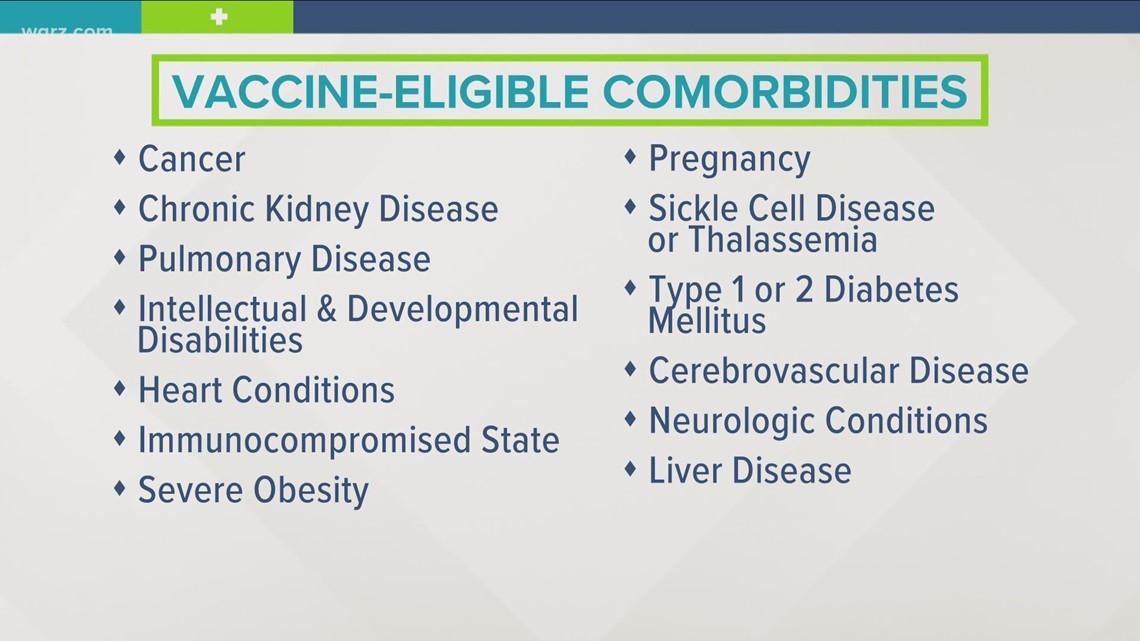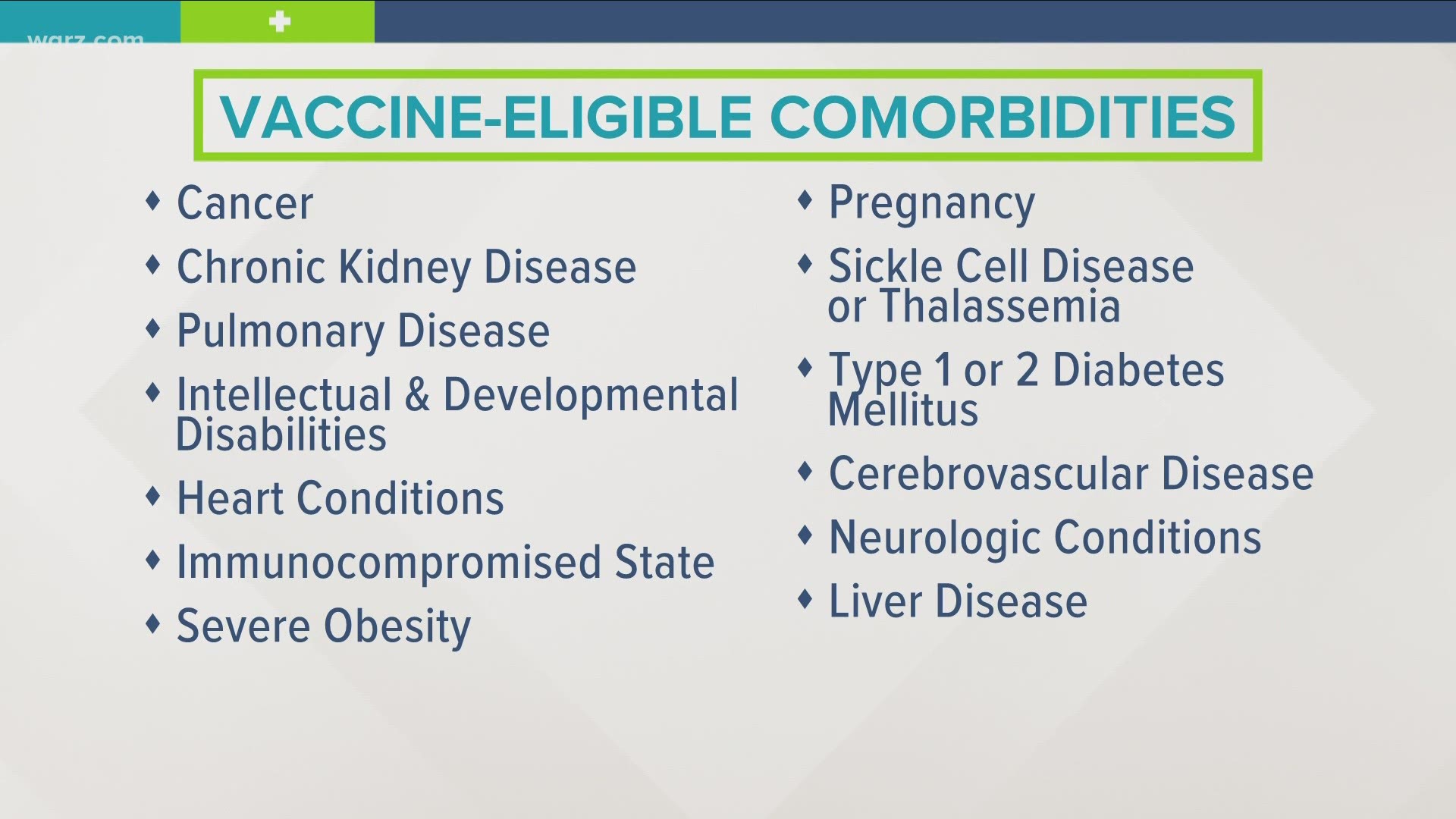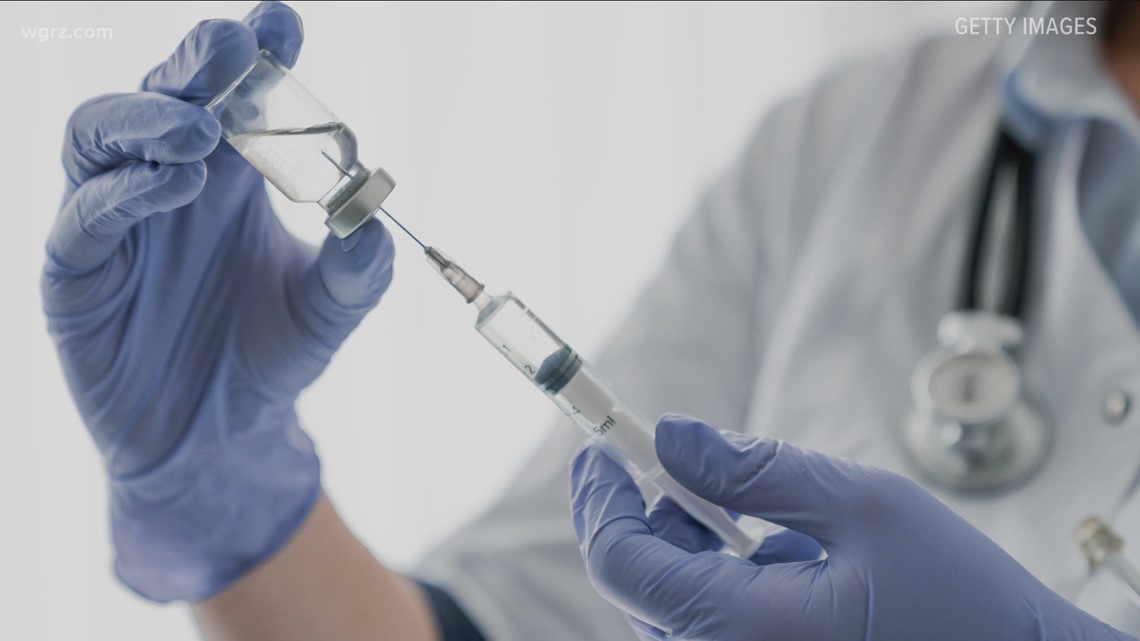KILL BUCK, N.Y. — 2 On You Side viewers wanted to know more about how a Western New York woman was able to get a vaccine appointment in Pennsylvania.
QUESTION: Some states already allowed immuno-compromised people to make appointments. Why the variation?
ANSWER: On January 12, Gov. Andrew Cuomo said they would be in Phase 1B. That's the phase we are in now. On January 20, 2 On Your Side did a story following up with the state because the list of qualifying medical conditions wasn't out yet.
That's when a spokesperson for the New York State Department of Health told us the state was "constrained until the federal government steps up and provides more doses."
Then, this week when the governor was asked about this he said if you add 4 million more immunocompromised people using Centers for Disease Control and Prevention guidelines to the more than 7 million who are already eligible to get vaccinated in New York, you would be opening it up to even more people who can't get appointments because of the shortage.
On Thursday, we talked with Allyson Auge. She lives in Cattaraugus County, is immunocompromised, and made an appointment to get vaccinated in Pennsylvania. We asked her what it's like waiting to find out when people like her will be able to get vaccinated here.
"What I've heard from the governor's office is that they're waiting on guidelines from the CDC to say who exactly qualifies for the vaccine under that immuno-suppressant state, and it's just so frustrating," Auge said.
Again, the state just announced Friday that people with certain comorbidities will be able to start scheduling their appointments February 15.
QUESTION: How was Allyson Auge able to get an appointment?
ANSWER: There's no residency requirement, and they're in Phase 1A, which includes people under 65 who are immunosuppressed such as Auge, or have other medical conditions such as COPD or heart issues.
Auge has family in Pennsylvania, so she knew people in her situation were allowed to make appointments there already. She went online, researched, found out she didn't have to live there to get an appointment, and got lucky when she found one.
"Literally, I just checked every place within a two-hour radius of me to find a place and so I went, I got it scheduled and everything, I called the location, explained my situation and stuff," Auge said. "The lady said you're definitely eligible as long as you follow what the CDC is recommending ,which all the CDC has said is people with weakened immune systems.
"She did tell me just to call ahead the day before just to confirm that there still is vaccinations available. But other than that, as of right now, I'm scheduled for March 3, which to some seems so far away, but to me with a compromised immune system, it seems like it's just a few days away."


QUESTION: We've heard from some viewers who said they tried making appointments in Pennsylvania and they were told they couldn't. What's up with that?
ANSWER: That could be a supply issue because that's not just a New York thing, it's a problem across the country. But Pennsylvania does not have a residency requirement. That's how Auge was able to get her appointment.
A spokesperson from the Pennsylvania Department of Health told us you don't need to show proof of residency, and "the CDC shared guidance that requiring proof of residency for receipt of vaccine is prohibited. Because the federal government purchased the vaccine, anyone in a priority group should be allowed to receive it, regardless of their place of residency."
So Pennsylvania's stance is that it's a federal program and everyone who is eligible, which right now in Pennsylvania includes people under 65 with certain medical conditions, can try to get an appointment.
Some 47,000 out-of-staters have already gotten their first dose in Pennsylvania.
A lot of states do have residency requirements, though, such as Florida, because lots of people were flying there to get the vaccine, so they ended up changing their policy to try to stop that.


